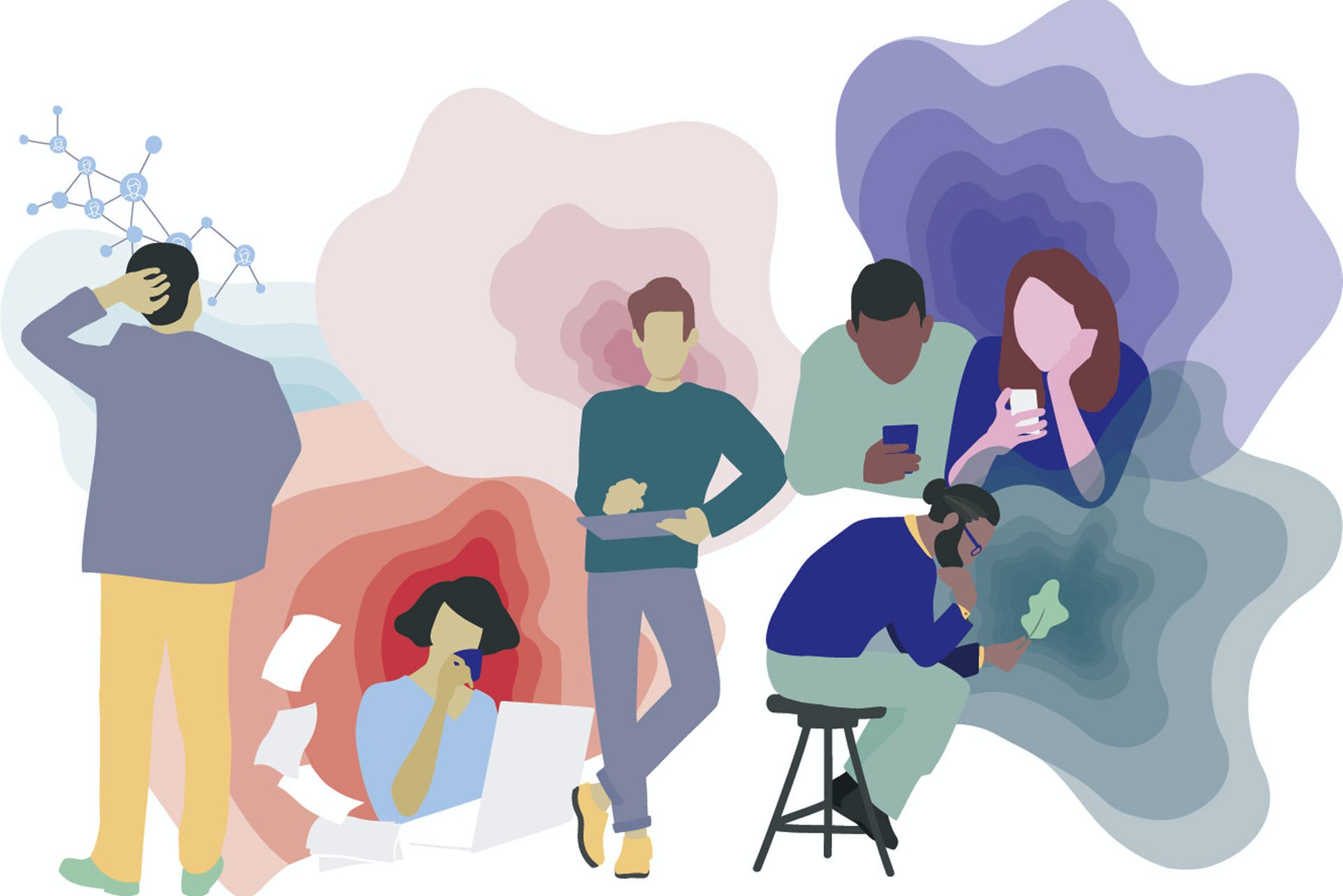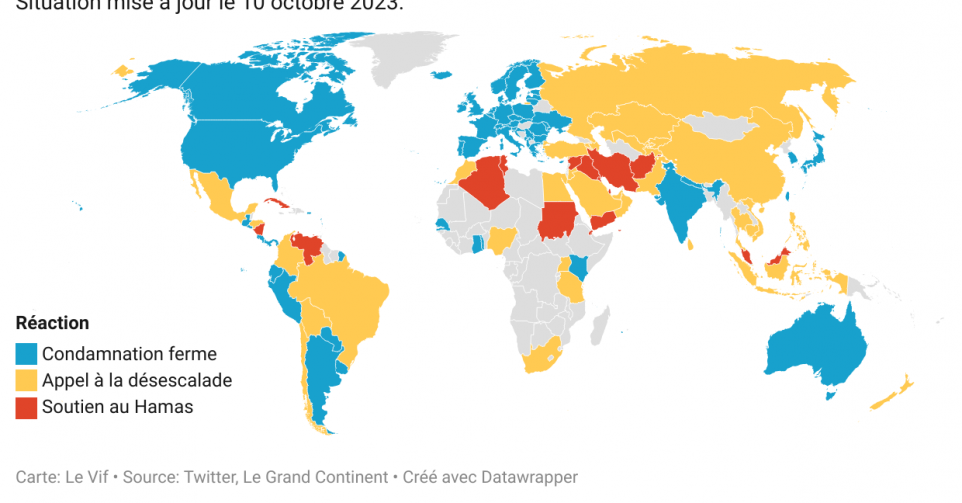Low Mental Health Insurance Claims: The Impact Of Cost And Stigma

Table of Contents
The Crushing Weight of Cost: Financial Barriers to Mental Healthcare
The high cost of mental healthcare presents a formidable barrier for many seeking help. The financial burden can be overwhelming, effectively preventing individuals from accessing necessary treatment.
High Premiums and Deductibles
High premiums and hefty deductibles place a significant financial strain on individuals, especially those with limited incomes.
- Average Costs: The average annual premium for individual health insurance plans, including mental health coverage, can range from several hundred to thousands of dollars, depending on the plan and location.
- Out-of-Pocket Expenses: Even with insurance, out-of-pocket expenses, such as deductibles, co-pays, and coinsurance, can quickly accumulate, making ongoing therapy and medication unaffordable.
- Impact on Low-Income Individuals: For low-income individuals and families, the financial burden of mental healthcare can be insurmountable, forcing them to forgo necessary treatment or delay seeking help until their condition worsens.
- Lack of Affordable Options: The scarcity of affordable mental healthcare options further exacerbates the problem, leaving many with limited or no viable choices.
Limited Coverage and Network Restrictions
Many insurance plans impose limitations on coverage, restricting access to specialized care and impacting treatment efficacy.
- Limited Sessions: Some plans limit the number of therapy sessions covered annually, forcing individuals to prematurely end treatment or seek less effective, shorter-term interventions.
- Lack of Coverage for Specific Treatments: Coverage may be limited or nonexistent for specific therapies, such as specialized trauma therapy or certain medication types, further restricting access to the most appropriate care.
- Difficulties Finding In-Network Providers: Narrow provider networks make it challenging to find qualified mental health professionals within one's insurance plan, often resulting in lengthy wait times or the need to seek costly out-of-network care.
The Role of Medication Costs
The cost of prescription medications for mental health conditions is another significant contributor to the underutilization of mental health insurance benefits.
- Medication Costs: Common medications used to treat conditions such as anxiety and depression can be very expensive, even with insurance.
- Copay Burden: The burden of ongoing co-pays for these medications can lead to individuals skipping doses or discontinuing medication altogether, jeopardizing treatment success.
- Medication Discontinuation: The high cost of medication can lead to patients discontinuing treatment, exacerbating their symptoms and potentially necessitating more costly interventions in the long run.
The Persisting Shadow of Stigma: Societal Barriers to Seeking Help
The pervasive stigma surrounding mental illness remains a major obstacle for many seeking mental healthcare. Fear of judgment, discrimination, and misunderstanding prevent individuals from accessing the support they need.
Fear of Judgment and Discrimination
Societal stigma creates a climate of fear and apprehension for individuals struggling with mental health challenges.
- Societal Stigma: Negative stereotypes and misconceptions about mental illness are widespread and often lead to prejudice and discrimination.
- Workplace Discrimination: Fear of losing their job or facing professional repercussions often prevents individuals from disclosing their mental health struggles.
- Social Isolation: The stigma associated with mental illness can lead to social isolation and a reluctance to seek help, fearing judgment from friends, family, and colleagues.
Lack of Awareness and Understanding
A lack of public awareness and understanding about mental health issues perpetuates the stigma and hinders help-seeking behavior.
- Misconceptions about Mental Illness: Common misconceptions include the belief that mental illness is a sign of weakness or that people can simply "snap out of it," which further discourages people from seeking help.
- Importance of Education and Destigmatization Campaigns: Public education campaigns and initiatives are crucial to raise awareness, challenge misconceptions, and reduce the stigma surrounding mental health.
- Media Representation: Media representations of mental illness often perpetuate harmful stereotypes, reinforcing negative perceptions and discouraging help-seeking.
The Impact of Shame and Guilt
Feelings of shame and guilt associated with mental health challenges often prevent individuals from seeking professional help.
- Preventing Disclosure: Shame and guilt can lead individuals to conceal their struggles, preventing them from seeking help and hindering their recovery.
- Importance of Supportive Environments: Creating supportive and non-judgmental environments is essential to help individuals overcome these feelings and seek the assistance they need.
Potential Solutions to Increase Mental Health Insurance Claims Utilization
Addressing the low utilization of mental health insurance requires a multi-pronged approach focusing on affordability, awareness, and access.
Advocacy for Affordable Mental Healthcare
Advocating for policy changes that make mental healthcare more accessible and affordable is paramount.
- Expanding Insurance Coverage: Expanding insurance coverage to include a wider range of mental health services and therapies is essential.
- Increasing Funding for Mental Health Services: Increased government funding for mental health services can make treatment more affordable and accessible to a larger population.
- Implementing Price Controls: Implementing price controls on mental health services and medications can help to reduce the financial burden on individuals.
Promoting Mental Health Awareness and Education
Raising awareness about mental health issues and reducing stigma through education and targeted campaigns is crucial.
- Awareness Campaigns: Public awareness campaigns can help educate the public about mental health conditions, dispel misconceptions, and reduce stigma.
- Educational Programs: Educational programs in schools and workplaces can help normalize conversations about mental health and encourage help-seeking.
- Community Initiatives: Community-based initiatives can provide support and resources to individuals struggling with mental health challenges.
Improving Access to Mental Health Resources
Increasing access to mental health services through increased provider availability and innovative delivery methods is vital.
- Increasing the Number of Mental Health Professionals: Addressing the shortage of mental health professionals is crucial to meet the growing demand for services.
- Providing Telehealth Services: Expanding access to telehealth services can overcome geographical barriers and make mental healthcare more convenient and accessible.
- Expanding Access to Culturally Competent Care: Ensuring access to culturally competent care is crucial to meet the diverse needs of the population.
Conclusion: Addressing Low Mental Health Insurance Claims: A Call to Action
The underutilization of mental health insurance benefits stems from a complex interplay of high costs and pervasive stigma. These barriers significantly hinder access to essential mental healthcare, resulting in delayed or forgone treatment, and worsening mental health outcomes. To remedy this, we urgently need a concerted effort to advocate for policies that improve access to affordable mental healthcare, promote mental health awareness and education, and improve access to mental health resources. Take action today to improve mental health access! Advocate for better mental health insurance coverage! Don’t let cost or stigma prevent you from seeking help—your mental health matters! For further support and resources, please visit [link to mental health organization 1] and [link to mental health organization 2].

Featured Posts
-
 M M A 600 1
May 03, 2025
M M A 600 1
May 03, 2025 -
 Milwaukees High Demand Rental Market Finding An Exclusive Property
May 03, 2025
Milwaukees High Demand Rental Market Finding An Exclusive Property
May 03, 2025 -
 Join The Sony Play Station Beta Program Requirements And How To Apply
May 03, 2025
Join The Sony Play Station Beta Program Requirements And How To Apply
May 03, 2025 -
 Lisa Ann Keller Obituary East Idaho News
May 03, 2025
Lisa Ann Keller Obituary East Idaho News
May 03, 2025 -
 Mini Camera Chaveiro Onde Comprar E Como Funciona
May 03, 2025
Mini Camera Chaveiro Onde Comprar E Como Funciona
May 03, 2025
Latest Posts
-
 Witnessing History Reporting From Nigel Farages Press Conference
May 04, 2025
Witnessing History Reporting From Nigel Farages Press Conference
May 04, 2025 -
 Nigel Farage Press Conference My Eyewitness Account
May 04, 2025
Nigel Farage Press Conference My Eyewitness Account
May 04, 2025 -
 I Was In The Room Nigel Farages Press Conference
May 04, 2025
I Was In The Room Nigel Farages Press Conference
May 04, 2025 -
 Le Role De L Aide Humanitaire A Gaza L Avertissement De Macron Face A La Menace D Une Militarisation Israelienne
May 04, 2025
Le Role De L Aide Humanitaire A Gaza L Avertissement De Macron Face A La Menace D Une Militarisation Israelienne
May 04, 2025 -
 L Aide Humanitaire A Gaza Sous Surveillance Macron Exprime Ses Inquietudes Sur Une Militarisation Israelienne
May 04, 2025
L Aide Humanitaire A Gaza Sous Surveillance Macron Exprime Ses Inquietudes Sur Une Militarisation Israelienne
May 04, 2025
